In this period of heightened uncertainty, youth have especially been confronted with many questions about the direction in which the world is headed and their place in it.
To assist university students in navigating these questions, the Institute for Studies in Global Prosperity (ISGP) has been creating spaces for young people to come together in focused discussions.
A participant from Canada says: “By identifying relevant spiritual concepts—such as unity and justice—our discussions are helping us to reflect on the current situation and to gain new perspectives.”
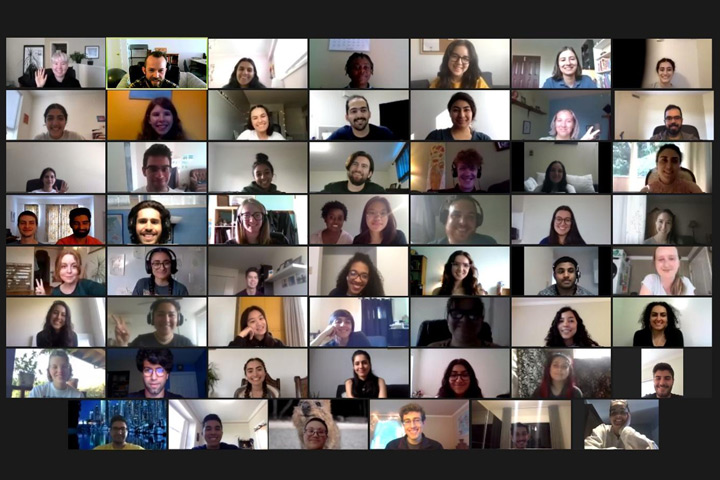
These gatherings, largely held online, complement a four-year seminar program offered by ISGP to university students, who are taking the opportunity to reexamine many of the concepts and ideas studied in the seminars in light of the pandemic and their efforts serve society at this time.
“One of the concepts that has brought clarity to our analysis of present conditions is from the Baha’i teachings, which state that humanity is reaching its collective maturity, when its essential oneness will be recognized and will give shape to new social structures. This movement toward maturity involves both processes of disintegration and integration. But if all we see is disintegration, then we do not get an accurate picture and are left with hopelessness. Through these discussions we are learning to detect progress, no matter how subtle it may be, and to think about the ways we can contribute to our society,” says a participant from France.
In whatever country they reside, the health crisis is making more apparent to participants and their peers the need to reconsider the relationship between the individual and society.
One participant from France says: “Many people are revisiting prevalent notions of what it means to be a good citizen and ideas about the ‘social contract’. Not harming others is simply not enough. Recognizing our essential oneness and making this a reality implies something far greater.”
“The health crisis has further exposed the inequalities that exist in our society and has made more evident the responsibility that we all have to those around us,” says a fellow participant.
A student from Russia states: “New conceptions are needed based on the organic unity of mankind, the nobility of the human soul, and the twofold moral purpose of the individual to develop their own inherent potentialities and contribute to the transformation of society.”
Such discussions are leading participants to examine further the relationship between science and religion, particularly how both science and religion—as evolving systems of knowledge and practice—can work together to eradicate prejudices and superstitions and to propel human progress.
A participant from Brazil states: “A great deal of information is being propagated on social media about the virus that is confusing. If we use science as a means for investigating the world, we will understand the methods and tools through which conclusions about reality can be reached. Religion helps us to consider how spiritual principles, like justice and the interconnectedness of humanity, can be applied to issues such as economic inequality that have become even more exacerbated during the pandemic.”
A facilitator from the Central African Republic (CAR) describes efforts by participants to provide reliable information about the health crisis to their communities.
“United action guided by both science and religion is required in finding solutions to the pandemic. We are learning how to draw on science—staying informed of what scientists across the world are saying about the pandemic, consulting with each other to weigh new information—to assist our families and neighbors by dispelling the misinformation that clouds people’s thinking and spreads confusion, fear, hopelessness and prejudice. At the same time, we are guided by the spiritual concepts explored in the Baha’i teachings, particularly the understanding that all humanity is as one body and whatever affects one nation can affect any other.”
Participants of the gatherings have been emphasizing the caution and wisdom needed when using social media to discuss the current health crisis. “There are online conversations about the pandemic that appear to be progressive in nature and attractive to young people concerned with the transformation of society,” says a participant from India. “But some have deep partisan political undercurrents, which can quickly unravel into highly charged debates that lead to discord.”
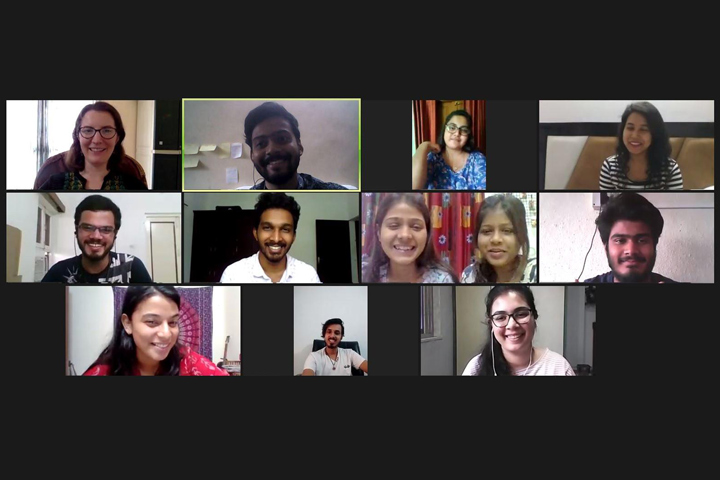
Another participant from India says, “The way we show forth our thoughts and ideas, combining a language that critically analyzes our social reality, with that of hope and possibilities, has become even more important during the pandemic.”
As university students reflect on the concepts and ideas discussed during these gatherings, they are identifying constructive conversations around them in which they can take part with fellow students and others, such as the role of religion in society, the intellectual and moral education of children and youth, and the material and spiritual dimensions of true prosperity.
While recognizing the value of contributing to public discourse in diverse social spaces, participants are also seeing how it is possible for them to effect social change at the level of community.
“Thinking about how any one of us can change society is very complex,” says a participant from Russia. “We can, however, see change through the efforts of people acting together at a neighborhood or village level and within their professions. We can learn about service and cooperation at these levels.”
“A challenge still is that many urban neighborhoods are large, similar to the size of a small town. But the pandemic has shrunk our space and made us see our neighbors in a different light. People living in high-rises helping each other has given us a glimpse of what community life on a small scale can look like and how unity can be built in different settings.”
These discussions are providing participants with hope, helping them to resist the disheartening effects of the forces of disintegration of society and to see how they can align their efforts with the forces of integration that are propelling humanity towards a bright future.
“This is not a moment to let time slip away, waiting for a return to a so-called ‘normalcy’,” says a participant from India, echoing the sentiments of many others engaged in these conversations. “There is so much to do if we want to contribute constructively during this period.”


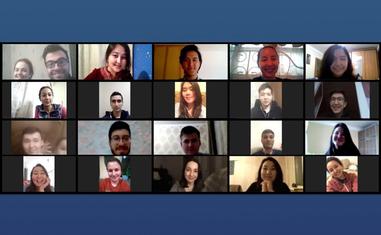


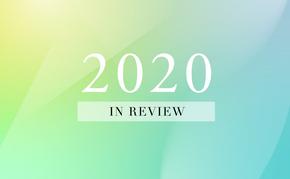

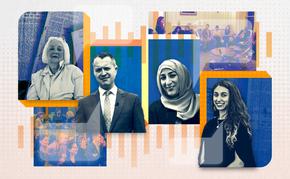









Comments
Sign in or create an account
Continue with Facebookor